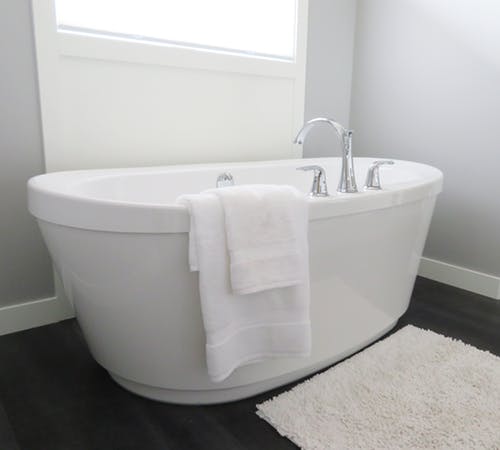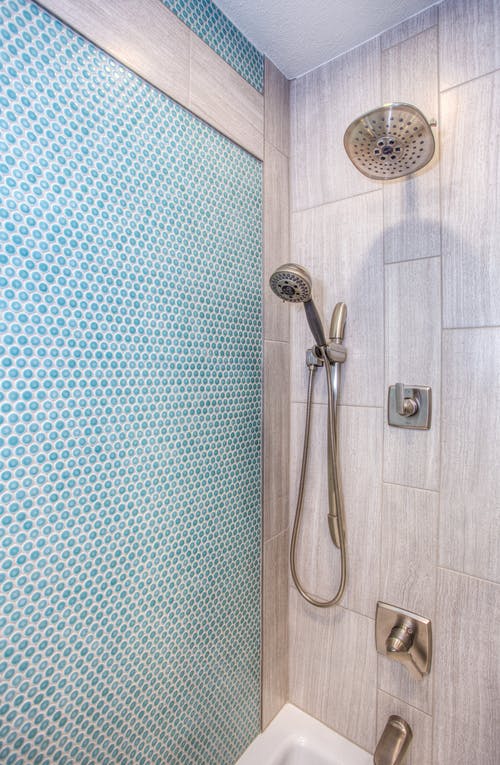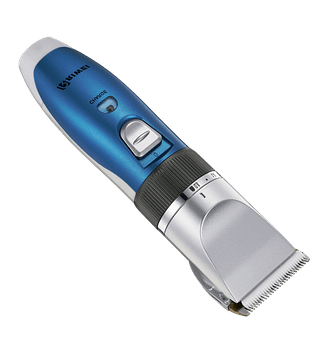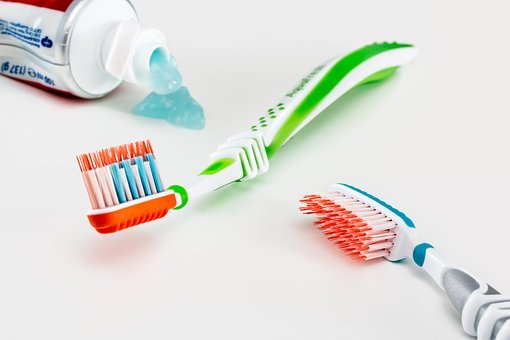Dementia is a disturbing condition in any case, but certain aspects of it are especially hard to deal with for the caregivers. One of the most common complaints about living with dementia patients is that they might lose their sense of personal hygiene. Regardless of how meticulous they were about cleanliness before, dementia patients could simply forget about basic hygiene rituals or just lose all interest in them.
There are some ways in which we might be able to help such patients manage their own hygiene. There’s a lot of support available out there as well, so know that you’re not alone. In the meantime, here are some tips to help manage dementia patients that have issues with hygiene:
The Privacy of Bathing
The dementia patient might have certain issues with bathing, so take the time to understand what these could be. For instance, some might have developed an irrational fear of water that wasn’t present before. They might also be physically frail, requiring an assistant to help them wash. This could cause issues with privacy and modesty.
When dealing with such a patient, keep in mind that dressing and washing are private and intimate actions. Most of these patients have never been undressed in front of anyone, let alone a strange caregiver or someone they no longer recognize. They might also feel some embarrassment at being taken care of like a child.
You can take some steps to mitigate and handle these feelings. One step could be to pull down the blinds, close the curtains, and generally make them feel that they’re in a private and safe space. Try covering the mirrors as well so that they’re not startled by their own reflection.
At the time of the actual bathing, make the person feel as comfortable as possible. Make sure the room has the right amount of lighting, the water is at just the right temperature, and that the place isn’t too claustrophobic. Some patients might also benefit from some soft and calming music playing alongside.
Check the Routines
Some nursing homes might insist upon giving a bath to every person every single day. This could be disturbing for many elderly folks even if they don’t have dementia, as some of them might not be used to such a routine. If a dementia patient is resisting a bath every day, see if they have a background of washing only every other day or once a week.
If this turns out to be the case, you can try to match the previous bathing routine of your patient as much as possible. You can even let them choose their own time or try to coax them for a bath when they’re feeling the most relaxed. The kind of bathing also matters, so let them choose between a proper bath, a shower, or a sponge bath if possible.
Make Things Simpler
Dementia patients can find the simplest of hygiene tasks quite complicated. Even brushing their teeth could involve several steps, while the changes in temperature caused by handling water could disturb them even further. Also, dementia can cause people to feel a different sensation from water than they did before.
Taking all these factors into account, you can make things easier for the person with dementia by breaking everything down as simply as possible. For instance, ask them if they want to brush their teeth now or later. When it’s time for them to come into contact with water, let them feel it before getting into the bath or scooping some into their mouths. Pouring water on the hands could give them some reassurance.
Encourage Independence
As dementia progresses, the person might start getting more and more dependent on their caregivers, family members, etc. However, you can still give them a sense of independence for as long as possible by laying out their clothes, towel, and soap beforehand. If possible, all of these could be in one place most of the time so that the patient can access them on their own.
Even these small steps will give the patient a sense of confidence, at least for the time being. It’s not a good idea to assist them every step of the way, as this might make matters worse and the decline more rapid.
Independence also gives patients a sense of control, which can help to deal with a real fear of water. Let them test out the temperature and depth of the water themselves. For the actual washing part, you might want to check out some transfer benches to ensure the patient’s safety.
You may also install raised toilet seats to make it easier for them to use the toilet by themselves.
Small Changes
Certain small changes might help to handle a dementia patient during their hygiene routine. You might want to try these one at a time and see if they help with the tasks in any way:
- Don’t wash the hair at the same time as the rest of the body. This could frighten the patient, especially if you’re pouring water on their head. Instead, wash the hair separately using a basin or sink.
- Another option for washing could be a handheld shower, which is easier for dementia patients to handle.
- Install some rails to help the patient stand up and sit down on their own, whether they’re on the toilet or using a bathing seat.
Shaving
The first stages of dementia might not be so problematic when it comes to routine tasks such as shaving. Caregivers might only have to remind their patients to shave, especially if they’re using an electric razor. This will encourage the patients to be independent and enhance their confidence. However, the patient might need proper supervision later on, or even in the early stages if they use a traditional razor and are prone to cuts.
Changing Their Clothes
Even if a patient doesn’t bathe every single day, they should know enough to change their clothes regularly. In the later stages of dementia, caregivers might have to personally supervise the changing of clothes or even do the whole task for an incontinent patient.
We can make things easier for the patient as well as the carer by selecting clothes that can be worn easily and require little to no ironing. It also helps if the clothes are easily washed and dried in a machine instead of requiring special care. Wearing new clothes can make a patient feel fresh and happy, so this should also be a regular occurrence for them if possible.
Other Hygiene Aspects
The field of personal hygiene is a wide one, but we should check off each aspect one by one. A responsible caregiver will overlook dental care, ear care, and any issues with fingernails or toenails as well as the larger tasks of bathing and toileting. If you’re a novice at this field or a family member just experiencing these changes in your loved ones, take out the time to understand dementia behaviors first.
Keeping some medical wipes on hand is also a good idea for dementia patients as they can be used in many applications. You may learn more about this by reading our article about How Beneficial are Medical Wipes for Daily Use?
Conclusion
Neglecting basic hygiene is a common practice for dementia patients. This might confuse and upset their caregivers and family members. However, understanding the situation at hand will help you decide on the best strategies to overcome this obstacle. A more detailed discussion on dementia might be a good place to start, after which you might look into online and offline support groups.









